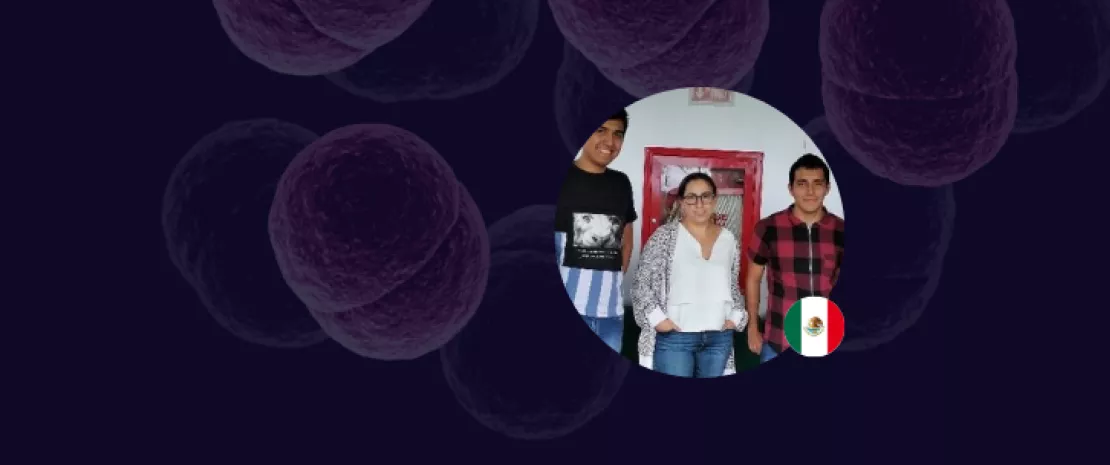Dr. Lajud (Mexican winner 2018): Microbiota & stress
To celebrate #WorldMicrobiomeDay, the Biocodex Microbiota Institute is handing the floor to national grant winners.
Lay public section
Find here your dedicated section
Sources
This article is based on scientific information
Sections

About this article
Investigadora Titular (Full Profesor)
Laboratorio de Neurobiología del Desarrollo
Centro de Investigación Biomédica de Michoacán
Instituto Mexicano del Seguro Social
What has the national grant allowed to discover in your microbiota research area?
Using an animal model of early life stress in “dirty” animals that provide a more translationally relevant approach to the study of the microbiota-gut-brain axis, we were able to determine that fecal transplantation in adult animals reverses the behavioral, metabolic and neuroendocrine consequences of stress during childhood.
What are the consequences for the patient?
This is the first study, to our knowledge, that aims to provide microbiota- focused therapies for adults that already present mental, metabolic and neuroendocrine diseases as a consequence of suffering stress during childhood. Although, the importance of prevention treatments, such as probiotic treatment in children, is undeniable; these interventions are not relevant for developing countries that are already struggling with the devastating effects of early life suffered by individuals many decades ago. Recent evidence from our lab, showed that in Mexico, 90% of the population from 35 to 65 years of age that seek medical care in public institutions reported adverse childhood experiences. These, are related to the high prevalence of depression and metabolic diseases observed in our clinical settings. Hence, by evaluating the efficacy of fecal transplantation in clinically relevant animal models, such as “dirty” animals, we will be able to identify and refine strategies with translational potential for the treatment of depression and metabolic diseases in adults.





